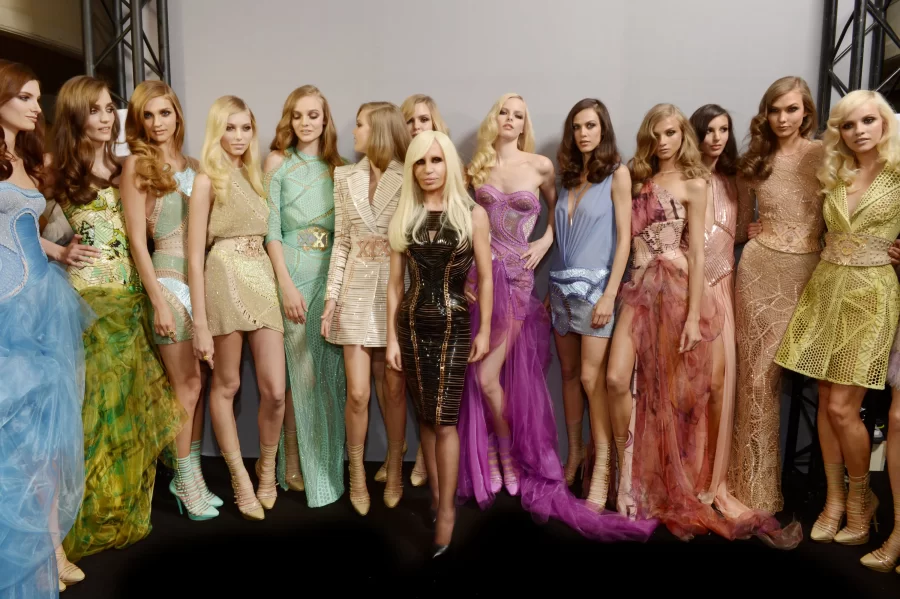Courtesy of Stefano Guindani
WHM: Women In Fashion
Anna Wintour
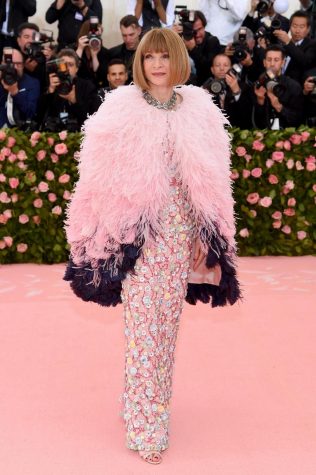
Arguably the most illustrious modern fashion icon, Anna Wintour has created a legacy for Vogue and herself that will forever be remembered in the world of fashion. Since the first edition of the magazine was published, Vogue has established over 12 million collective readers and influenced the lives of women all across the globe. Anna Wintour is an advocate for young underground designers and her influence provides the ability to boost these designers’ careers.
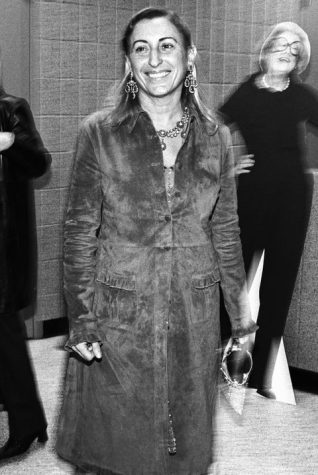
Miuccia Prada
The youngest granddaughter of renowned fashion designer Mario Prada, Miuccia Prada reinvented her family’s legacy by releasing her first womenswear line in 1988 which defined Prada’s powerful and unique presence in the industry. By keeping the brand in the family, Miuccia Prada maintained the originality that first attracted so many, while also adding a contemporary twist to designs that appeal to the modern clientele of the century.
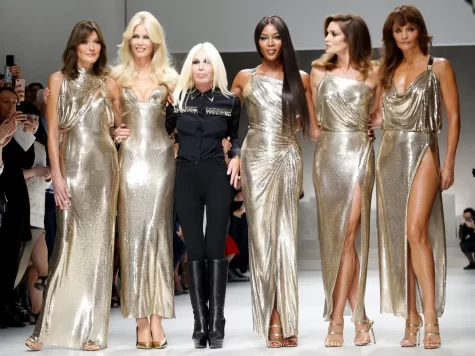
Donatella Versace
After the death of her beloved brother, Gianni Versace, Donatella Versace took his brand and reshaped it into something original, contemporary and of course, iconic. The signature “greca” print and medusa head is easily recognizable and emphasizes the power the brand holds. Donatella has been the face of Versace’s empire and remains one of the most emblematic figures in the fashion industry to this day.
Stella McCartney
Despite being the daughter of the famous Sir Paul McCartney, Stella
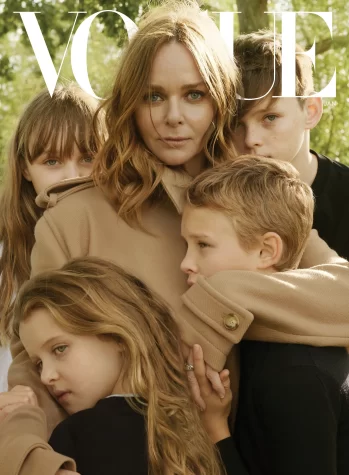
McCartney established her own personal fame by creating a line that was not only appealing, but ethical. McCartney’s strong belief in animal rights is reflected in the brand’s use of vegan textiles and cruelty-free production processes.
Kate Moss
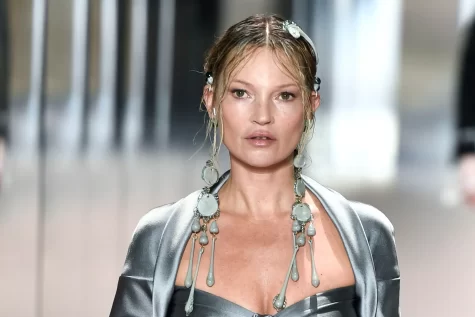
High-fashion model Kate Moss is a shared muse by John Galiano, Marc Jacobs and Vivienne Westwood and inspires a plethora of other designers in the high fashion industry. Her unique style emerged at an early age when she wore second-hand, thrifted clothing to create eccentric looks. Her modern fashion continues to set trends, making her an extremely influential person of power in the fashion world.
Pat McGrath
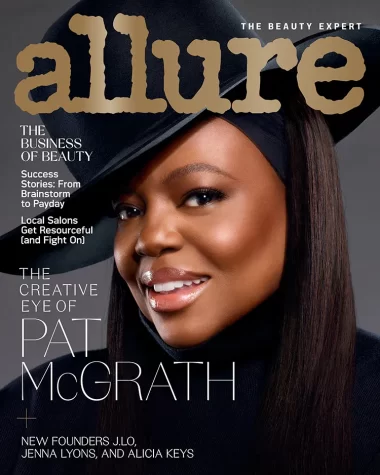
Pat McGrath has been named “the most influential makeup artist in the world” by Anna Wintour herself, and is an iconic symbol of not only female but also African-American success. McGrath successfully maintains her own personal luxury makeup brand and owns several others under her name. Her work is regularly sought after by designers such as Louis Vuitton, Dolce & Gabbana, Versace, Valentino and Alexander McQueen as well many others.
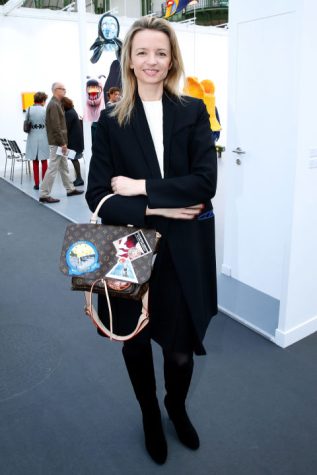
Delphine Arnault
Delphine Arnault has possessed an executive role in fashion for the entirety of her career. After serving as a deputy managing director for Christian Dior for one of its most successful decades in the brand’s history, she took a position at Louis Vuitton. She was the first female director within the LVMH luxury goods corporation and continues to maintain that role after being appointed to the executive committee in 2019.
Annie Leibovitz
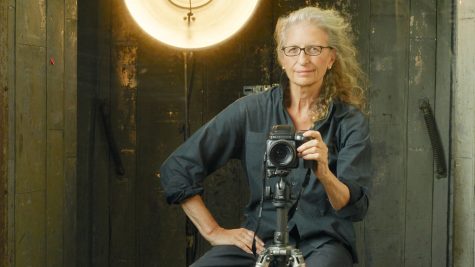
Annie Leibovitz is a renowned photographer whose work is regularly featured in Rolling Stone, Vanity Fair and Vogue. Her photographs stand out, depicting dramatic and somewhat whimsical images of recognized celebrities. She is a symbol of female empowerment in the industry, featuring women of all ages in one of her most popular works, the 2016 Pirelli calendar.
Kimora Lee Simmons
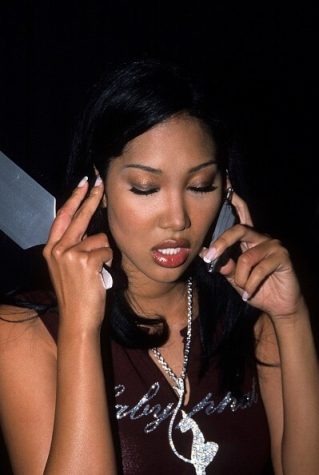 The late 90’s was an era of unique fashion for women in a time where the industry was very controlled by men. Model Kimora Lee Simmons, one of the pre-Y2K icons started Baby Phat, a clothing line that specifically catered to women at the time. Baby Phat “cultivated and sold an aesthetic that was both accessible and ambitious” while influencing Simmons’ personal culture into the designs, according to Fader. The brand transformed into a billion dollar empire, with Kimora Lee Simmons still the face of it today as similar styles are reinvigorated into modern culture.
The late 90’s was an era of unique fashion for women in a time where the industry was very controlled by men. Model Kimora Lee Simmons, one of the pre-Y2K icons started Baby Phat, a clothing line that specifically catered to women at the time. Baby Phat “cultivated and sold an aesthetic that was both accessible and ambitious” while influencing Simmons’ personal culture into the designs, according to Fader. The brand transformed into a billion dollar empire, with Kimora Lee Simmons still the face of it today as similar styles are reinvigorated into modern culture.
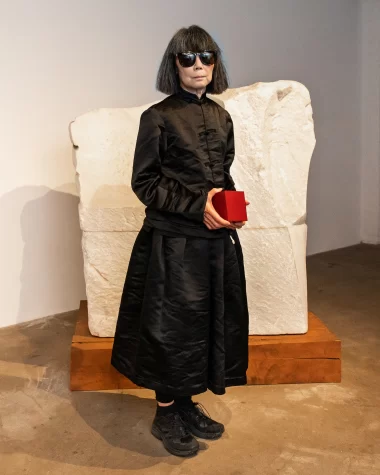
Benjamin Lozovsky
Rei Kawakubo
Self-taught Japanese fashion designer, Rei Kawakubo, founder of popular streetwear label, Comme de Garçons, considers herself a realist artist and inspires many with her variety of popular designs. An article by NGV states that since her upbringing, Kawakubo challenged the idea of female traditionality, especially in the realm of fashion. Comme de Garçons (Like Some Boys) supported this idea by subverting “garment shape and function, refram[ing] ideas of beauty, and propos[ing] a new relationship between body and dress.”
